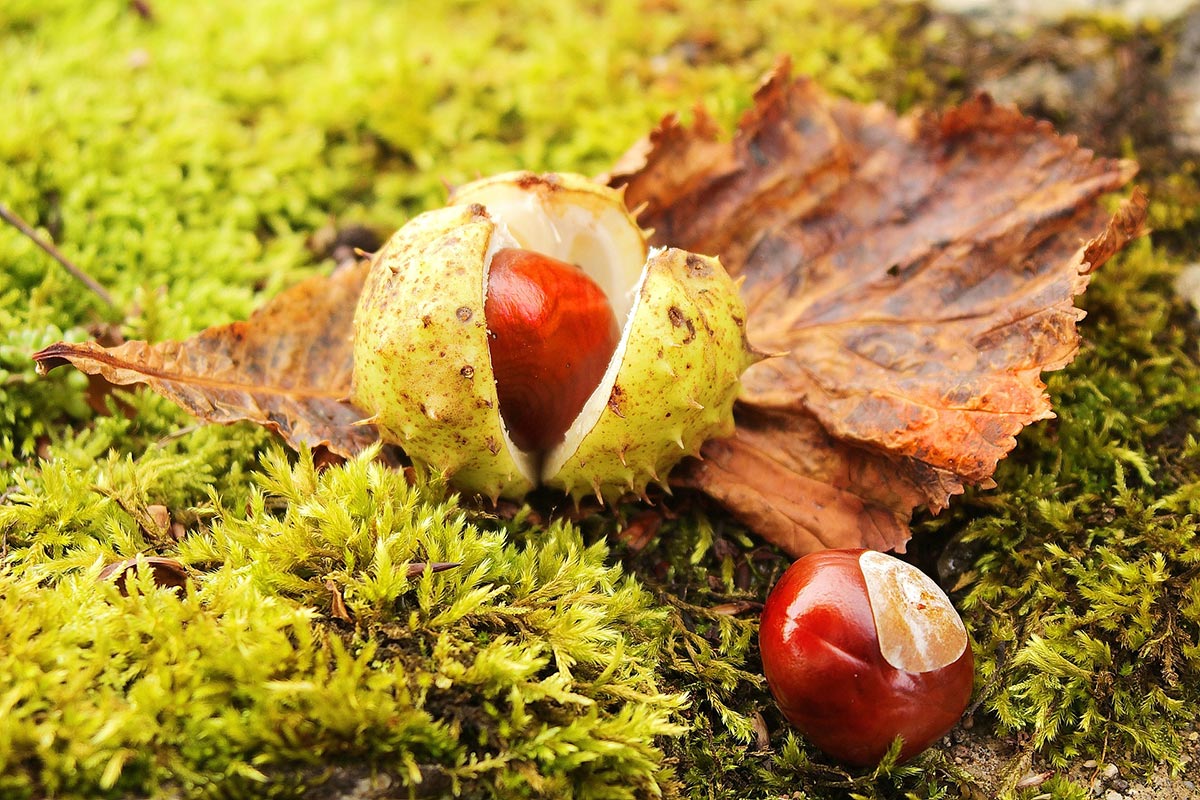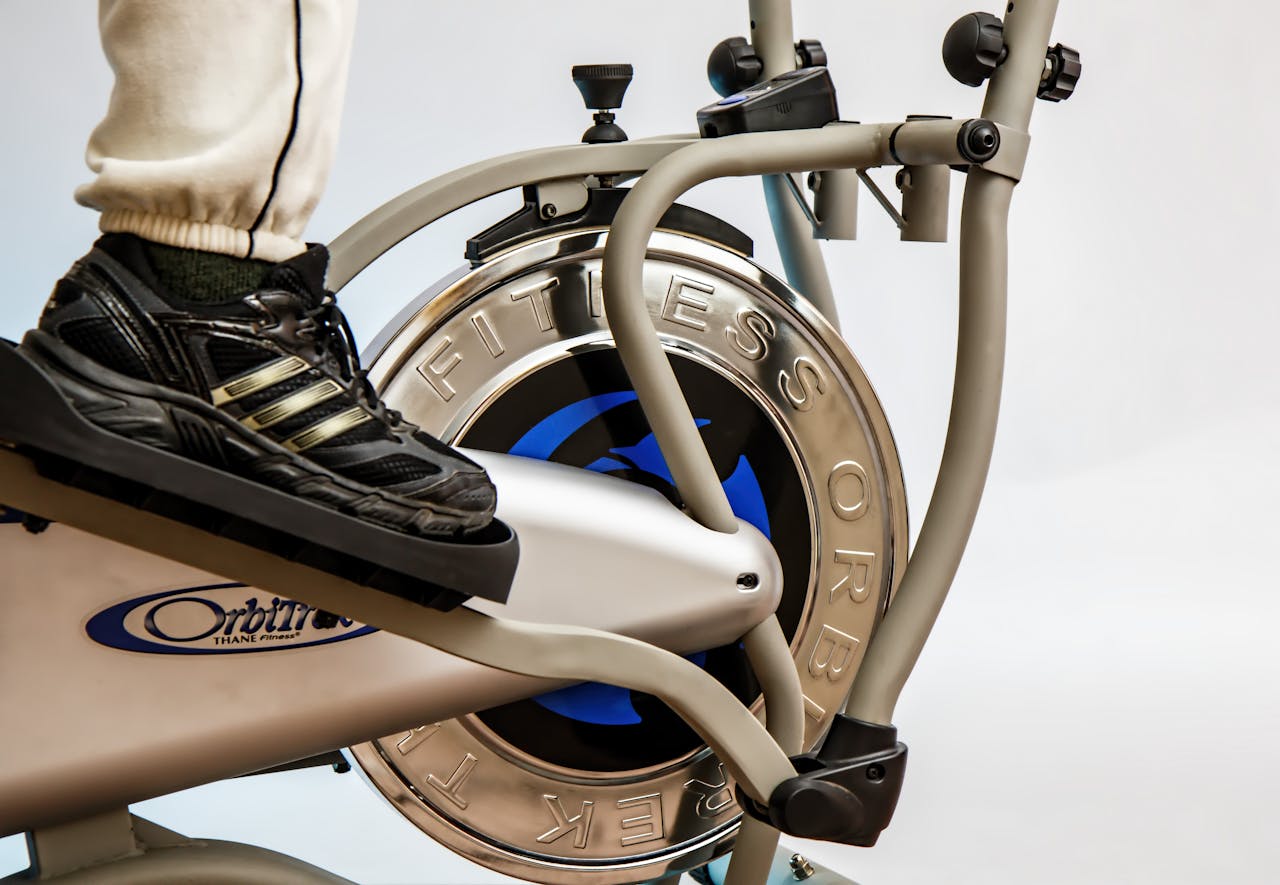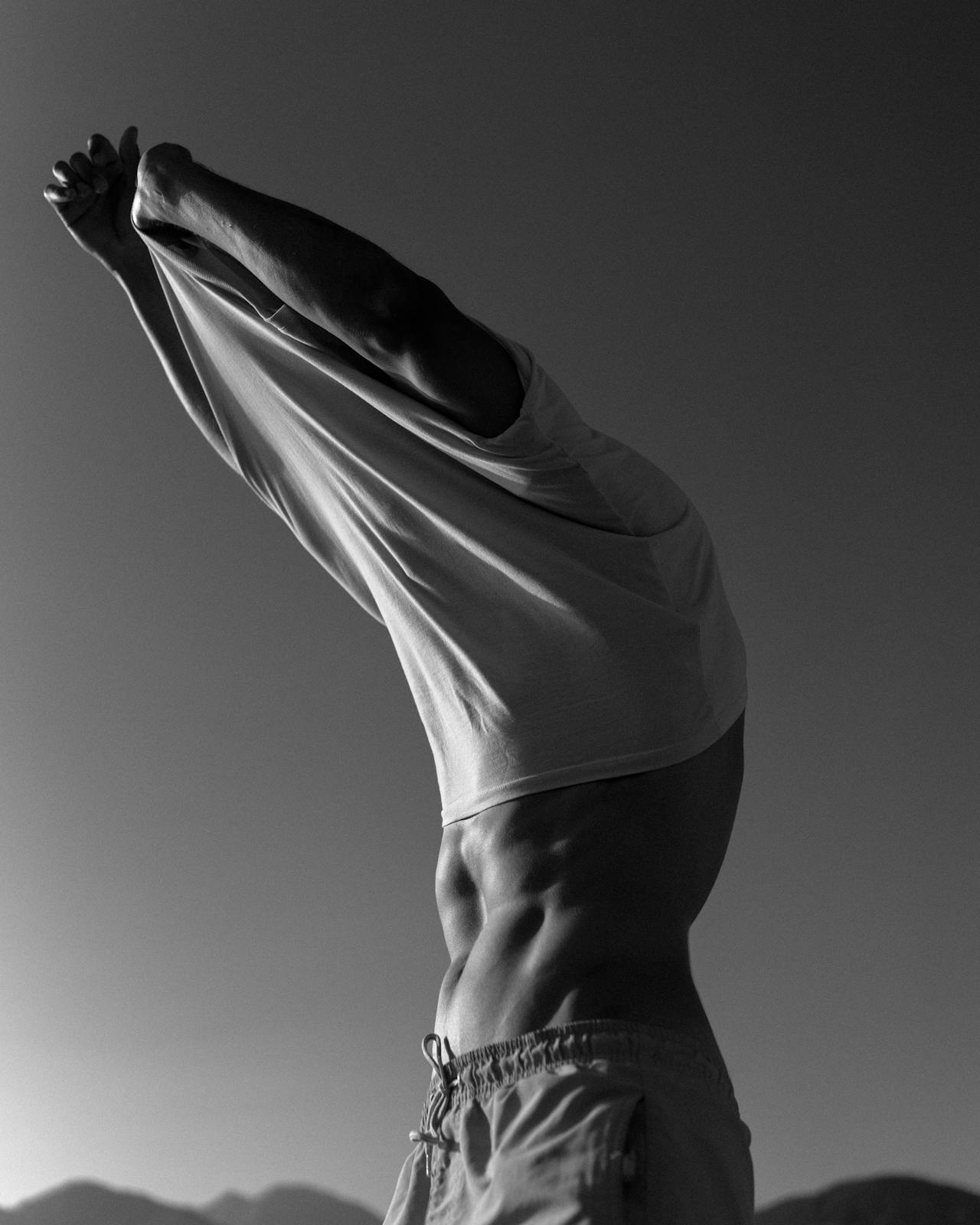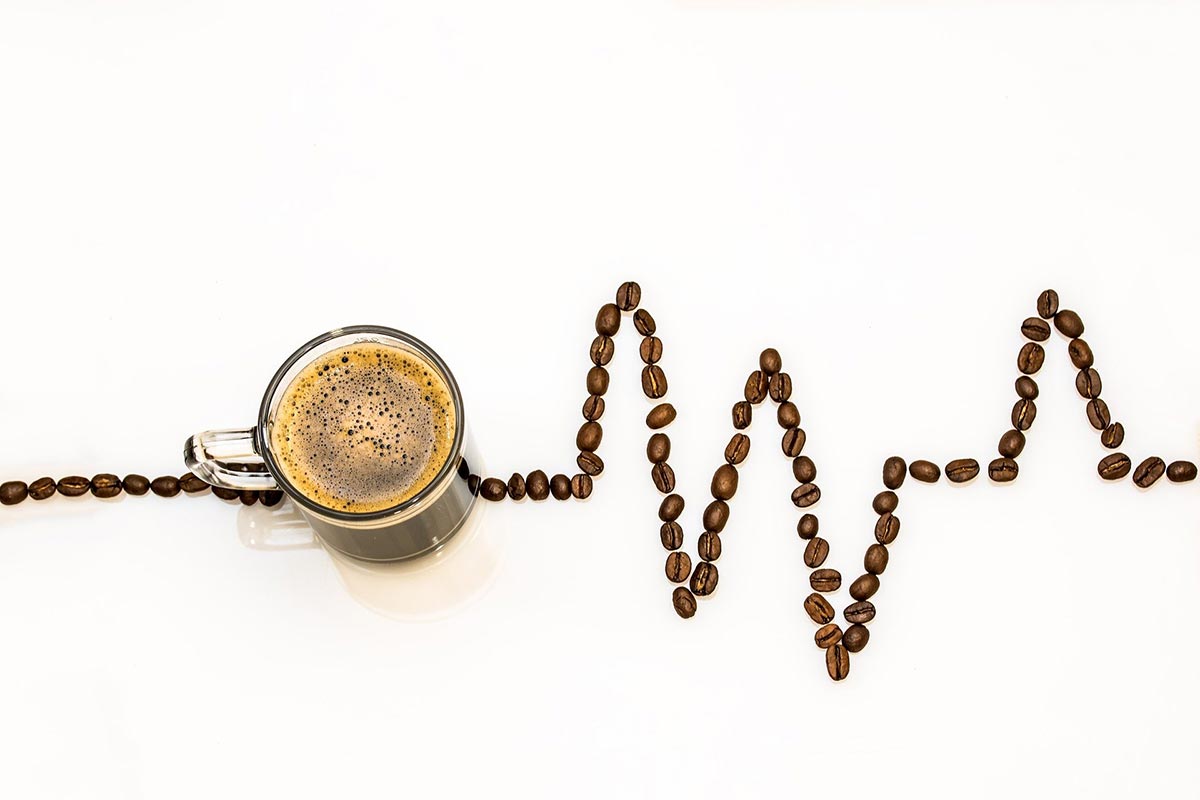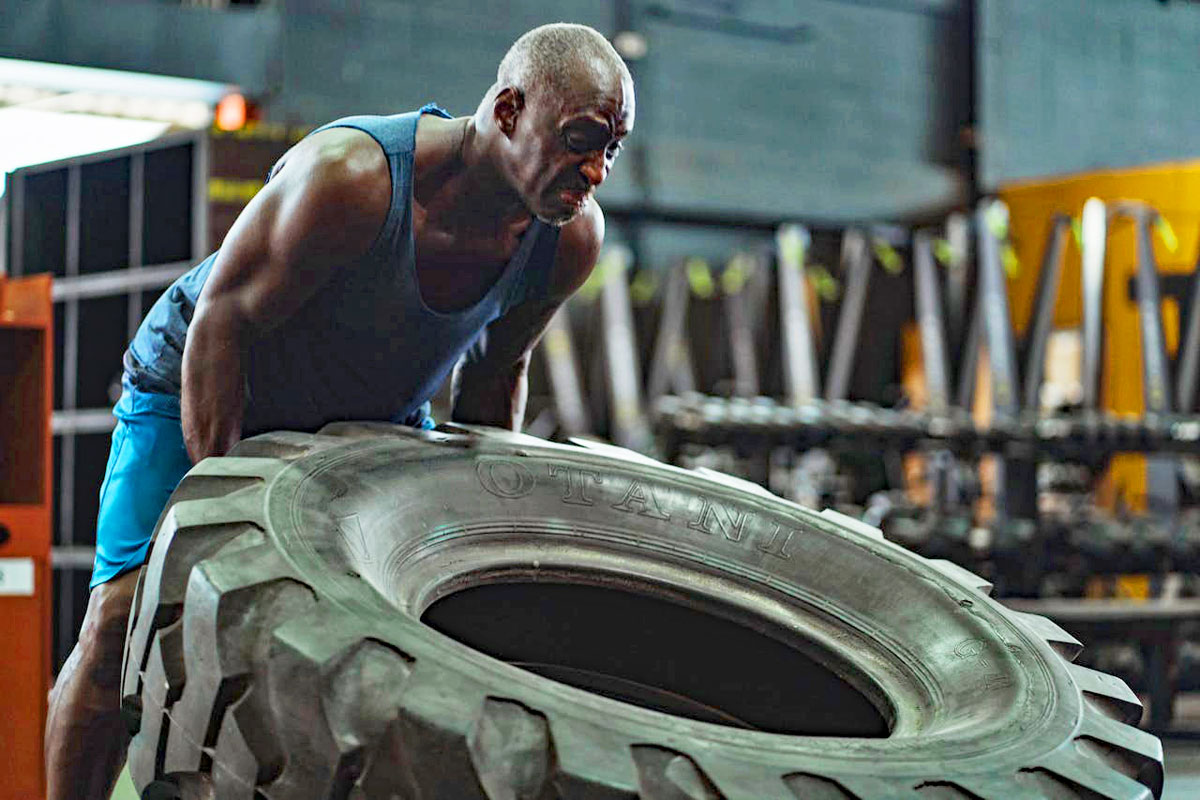Those bluish or reddish veins creeping under your skin, often appearing as thread-like lines, might not seem like a major concern at first. They can appear anywhere on the body, but are most commonly seen on the legs and face. Initially, these veins rarely cause discomfort, which often leads to neglect. However, over time, they can become swollen, detracting from the appearance of smooth, healthy legs. They can even develop into unsightly, bulging varicose veins, significantly affecting one's confidence and comfort. Understanding the factors that contribute to vein health and exploring natural support options can be crucial for maintaining healthy veins and preventing these issues.
Understanding the Causes of Vein Issues
Why do some people develop these visible veins while others don't? Genetics can play a role, but more often than not, it's related to overall vein health and lifestyle factors. These vein issues often begin to surface around the ages of 40 or 50, and they affect women more frequently than men. As we age, the valves within our blood vessels can weaken. These valves are essential for ensuring that blood flows in one direction, pushing it upwards against gravity to maintain proper circulation throughout the body. Deoxygenated blood travels to the lungs for oxygenation, and then oxygenated blood is distributed throughout the body. Because the legs experience the most significant pressure against gravity, these valves work particularly hard to pump blood back up to the heart and lungs. When these valves weaken, blood can flow backward, pooling in the veins and causing them to swell and bulge.1
Lifestyle Changes for Vein Support
What can be done to support vein health? Several natural approaches can significantly improve circulation and reduce the risk of vein problems. Regular exercise, even just 30 minutes a day, is crucial for promoting healthy circulation. Elevating the legs for 10 to 15 minutes daily can also help encourage blood flow away from the legs. If bulging veins are already present, elevating the legs with a pillow during sleep can provide additional relief. Avoiding crossing the legs and wearing loose-fitting clothing that doesn't restrict circulation are also important. Prolonged standing should be minimized; if your job requires long hours on your feet, taking short sitting breaks every couple of hours can make a significant difference. Wearing compression stockings can also alleviate discomfort associated with swollen veins by providing external support to the veins. Maintaining a healthy weight further reduces stress on the circulatory system and contributes to better vein health.2
Herbs and Nutrients for Enhanced Vein Health
While lifestyle changes are essential, proper nutrition and targeted supplementation can provide additional support for healthy veins. Several herbs and nutrients have been extensively researched for their beneficial effects on vascular health. Vitamin C plays a vital role in supporting healthy blood viscosity and circulation. It also contributes to maintaining healthy blood pressure levels. Horse chestnut extract is widely known for its ability to support healthy circulation, particularly in the lower legs, and is a common ingredient in European vein supplements. Research suggests its potential benefits in supporting vein health.3 Gotu kola promotes the production of collagen and elastin, essential skin proteins that form a strong structural matrix both inside and outside blood vessels, thereby supporting vein strength and integrity.4 Butcher's broom helps maintain healthy blood vessel walls and supports healthy circulation, making it a valuable component in vein support formulas.5 Hesperidin and diosmin are antioxidants that contribute to vein health. Diosmin, in particular, is believed to primarily support vein elasticity and capillary integrity.6
While various methods exist for addressing visible vein issues, ranging from lifestyle changes to medical procedures, these solutions are not always permanent. Because poor vein health is frequently associated with bulging and swollen veins, nutritional support through targeted supplements is a popular choice. A daily intake of specific nutrients and herbs can help support strong and healthy veins throughout life. Combining these supplements with a healthy lifestyle offers a comprehensive approach to maintaining optimal vein health and promoting overall well-being. This proactive approach can contribute to preventing future vein problems and maintaining leg health and appearance.
1 Beebe-Dimmer, J. L., Pfeifer, J. R., Engle, J. S., & Schottenfeld, D. (2005). The epidemiology of chronic venous insufficiency and varicose veins. *Annals of epidemiology*, *15*(3), 175-184.
2 Lurie, F., Kistner, R. L., & Eklof, B. (2004). Mechanisms of venous valve incompetence. *Journal of vascular surgery*, *39*(6), 1177-1181.
3 Pittler, M. H. (2004). Horse chestnut seed extract for chronic venous insufficiency. *Cochrane Database of Systematic Reviews*, (1).
4 Gohil, K. J., Patel, J. A., & Gajjar, A. K. (2010). Pharmacological review on Centella asiatica: a potential herbal cure-all. *Indian journal of pharmaceutical sciences*, *72*(5), 546.
5 Loew, D. (1996). Evidence of clinical efficacy of ruscus extract. *Zeitschrift fur Phytotherapie*, *17*(5), 243-250.
6 Lyseng-Williamson, K. A., & Perry, C. M. (2003). Micronised purified flavonoid fraction: a review of its pharmacology, therapeutic efficacy and tolerability in chronic venous insufficiency. *Drugs*, *63*(1), 71-100.
